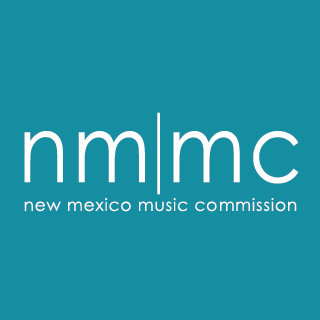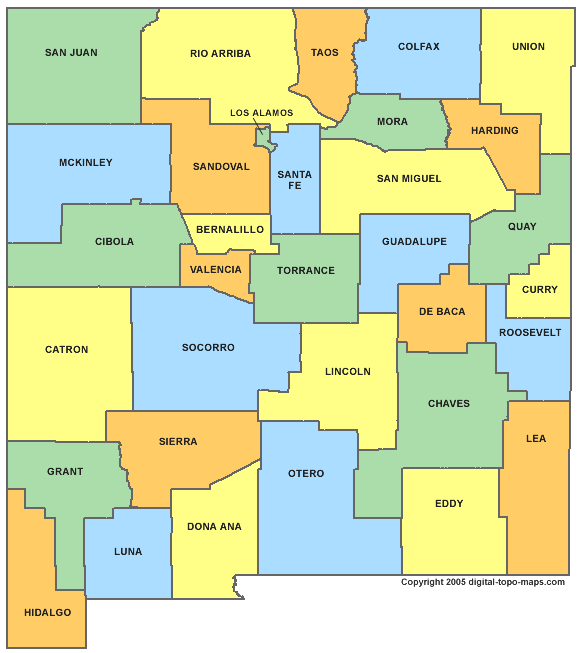 State of New Mexico
State of New Mexico
Music Commission
Spending Guidelines for Federal Funds received from New Mexico Arts
Amount
$10,000
Spending deadline
31 December 2022
Spending Limit
Rural County Outreach : no more than $200 per county
Art2Art : no more than $500 per county
Other requests : on a case by case basis
Approval of Funding
The Executive Committee shall approve all funding requests and allocate funding.
Requirements
Funds may only be used to pay a musician(s) to perform. Funds may not be used for production costs, travel, purchasing products or supplies. Musician payment shall be coordinated through a New Mexico-based 501c3 arts organization or public school district that is an active vendor with the State of New Mexico.
Partnering with a 501c3 or Public School District
Each commissioner requesting funding shall be responsible for initiating a relationship with a 501c3 or public school district based in their adopted counties and recruiting their services on behalf of the Rural County Outreach project and/or Art2Art program. It’s possible some of these organizations may want to charge a fee for their services. Commissioners will need to provide incentive for the 501c3 to become involved. Often an organization will offer in-kind services in exchange for free advertising as the event sponsor.
Here is a list of New Mexico Arts Grantees, all of which are active vendors with the State and are arts-based 501c3 organizations. All public school districts are also active vendors with the State.
Request for Funding
Funding requests shall be emailed to Chair Medina and CC: Administrator Goodrich. Include in the request:
- event name
- date, time, duration of the event
- a brief description of the event
- event venue : the physical location of the event must be in the adopted county
- how the event will be recorded/streamed and presented online
- anticipated target audience
- name, mailing address, email, phone and instrument/voice or other talent of the person receiving these federal funds (must be a musician living or actively performing in the adopted county)
- Legal name, physical address, email, phone, and contact name of the local arts non-profit or public school district with which you will partner to process paperwork for payment to your musician
General Handling Agreement
Once the Executive Committee has approved the funding request and allocated funds, a General Handling Agreement (GHA) shall be entered into between the partnering 501c3/public school district and the Department of Cultural Affairs. The General Handling Agreement shall be first signed by the 501c3/public school district and returned to Goodrich by email. The signed document may be scanned.
Payment
Musicians may only be paid after the service/event has concluded.
Funding Checklist
This checklist is currently in draft format pending approval. Commissioners’ will be notified when the checklist is finalized.
- Partner Organization: Identify and initiate a relationship with a 501c3 or public school district based in your adopted county for the purpose of partnering with you on your Rural Outreach and/or Art2Art project.
- Proposal: Email a Request for Funding proposal to Chair Medina and CC: Administrator Goodrich, for consideration/approval by the NMMC Executive Committee. Include information listed in the Request for Funding section above.
- General Handling Agreement: Once funding is approved and allocated by the Executive Committee, request a General Handling Agreement from Goodrich by email. Goodrich will draw up the agreement and email it directly to your partner organization on your behalf cc:ing you on the email. You are responsible for facilitating communication between your partner organization, Goodrich, and the musician you are paying.
- Signature: Work with your partner organization to obtain their signature on the GHA and facilitate their return of the signed document to Goodrich by email. A scanned version of the signed document is permissible.
- Purchase Order: Once Goodrich has received the signed GHA, he will work with NMA to open a purchase order with the State. The purchase order must be approved and opened prior to the date of the performance for which the musician shall be paid. Note: Once the GHA is received by Goodrich, it will take approximately one month for the purchase order to be approved and opened by the State.
- Invoice: After the event has transpired, the partnering organization shall invoice New Mexico Arts for the amount approved by the NMMC Executive Committee to pay the musician for their performance services. The invoice shall be emailed to Goodrich. Note: The invoice must not be dated prior to the performance date. For example, if the performance date is 27 April 2021, the invoice must be dated 28 April 2021 or later. You will verify your partner organization has sent an invoice to Goodrich.
- Payment: Per State policy, musicians may not receive payment in advance of the performance. Upon receipt of the partner organization’s invoice following the performance date, Goodrich shall request NMA cut a check paid to the order of and mailed to your partner organization by standard first class USPS. The partner organization shall deposit the check and cut a check to the order of the musician you hired for your event. You shall confirm with the musician that they received payment from your partner organization and, if not, facilitate payment. Note: Once Goodrich has received an invoice, it will take approximately one month for the State to cut a check and mail to the 501c3.
Timeline
Be advised the process for approval and allocation of these funds will take approximately 3 months ~ 2 months prior to the event and 1 month following the event. Be aware of this while you are coordinating event dates with your partner organization and musician. There are 3 general steps in the process, each taking approximately 1 month:
- Request for Funds : from submission of funding request to approval by the Executive Committee
- General Handling Agreement & Purchase Order : from submission of GHA to opening of purchase order with New Mexico Arts ~ the purchase order must be opened prior to the event date
- Invoicing and Payment : from submission of invoice by partnering 501c3 to check mailed by NMA ~ the invoice must be dated after the event date

